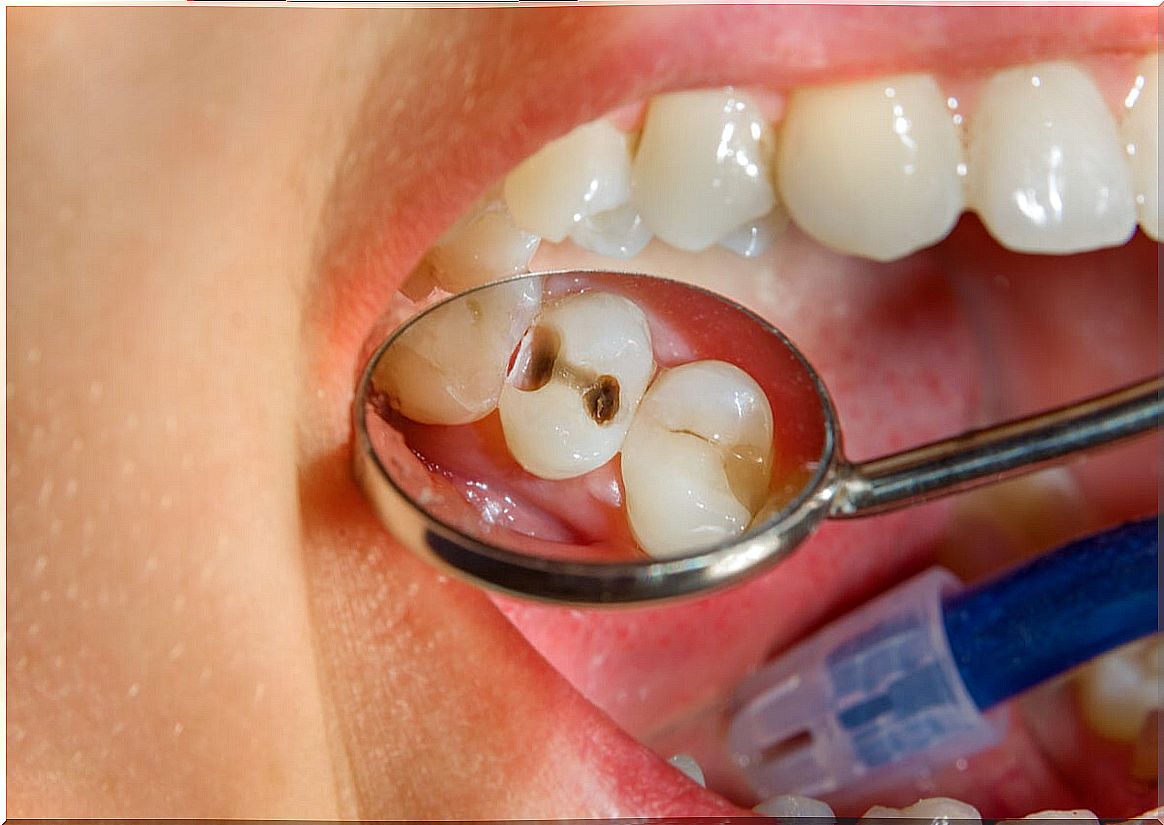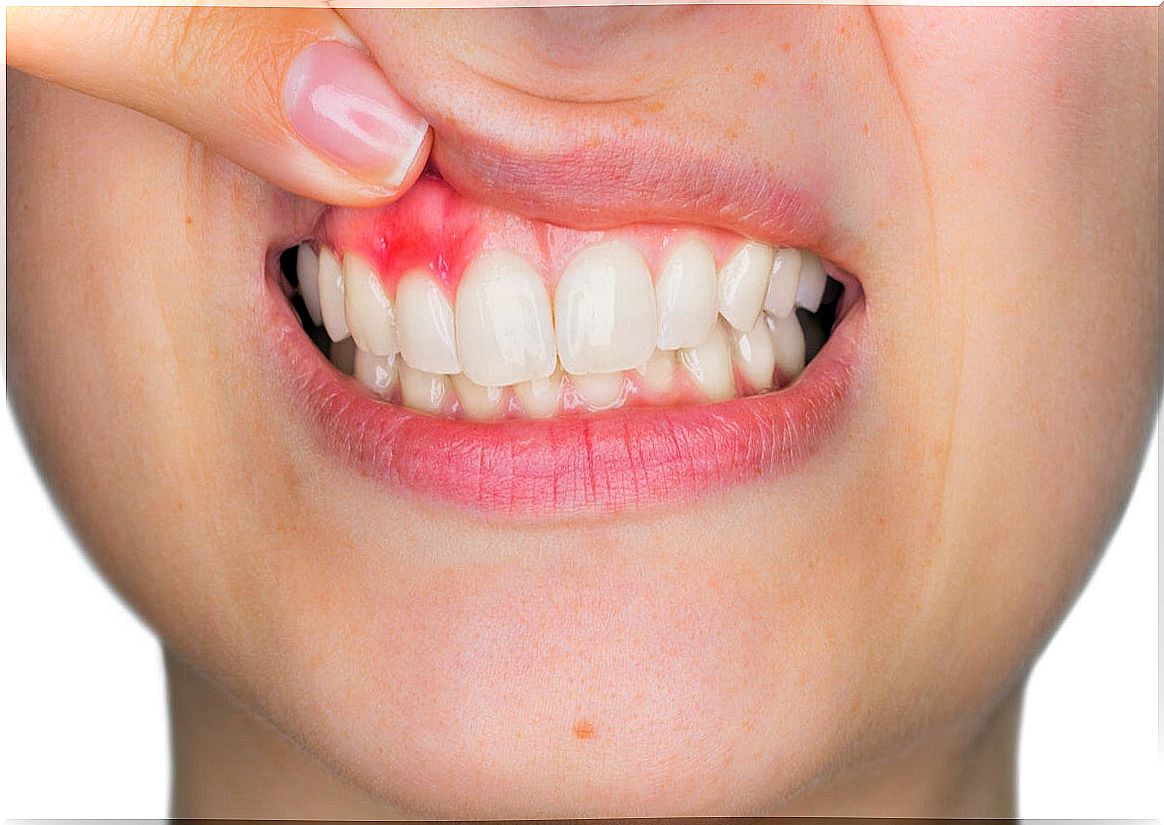4 Questions You Should Ask Your Dentist
Since your dental health is essential to enjoy a healthy body, you should visit your dentist at least once a year to verify that everything is okay .

You must bear in mind that taking care of your teeth is very important. For this reason It is advised that you do not allow more than 6 months to get a check-up. TO Even so, there are many people who do not see the dentist until they have some symptoms of pain or discomfort, m While others don’t go to the dentist at all.
It is also very important that, after scheduling your appointment, you prepare yourself and be clear about the doubts you want to clarify about your oral health . This will help you have a more fluid conversation about it with your dentist.
1. How can I prevent cavities?

Dental cleanings help remove plaque from your teeth and reduce the risk of cavities. Your dentist should examine your teeth for cavities after each cleaning.
Remember that cavities are holes that form on the surface of the teeth and, in the first instance, they do not usually cause discomfort. However, if ignored, over time they can cause pain and tenderness.
There are many factors that increase the risk of cavities. These include:
- Consumption of sugary drinks.
- Eat sugary foods.
- Bacteria in the mouth.
The best preventive measures are as follows:
- Brush your teeth better.
- Avoid certain foods.
- Use dental floss more often.
- Use sugarless gum to increase salivation.
2. What can I do to improve my dental health?
Each person’s mouth is different. L The best dental health you can have for yourself is a personalized routine. Your dentist can help you by indicating the current state of your health. mouth and teeth.
If, for example, you have more tartar or plaque than the average person, they may recommend flossing more often, or more frequent visits.
It is important that your dentist teach you the correct way to floss if there is a large amount of bacteria in your mouth. It can also make dietary recommendations for the care of your oral health in special cases such as diabetes.
3. Does the dentist see warning signs of a serious condition?

Regular exams can offer clues to the state of your mouth’s health. If your dentist detects a problem, he or she will most likely refer you for a follow-up with your family doctor.
For example, when you have erosion in your tooth enamel, there is a possibility that it is caused by gastric reflux or grinding your teeth when sleeping. Swollen or receding gums can be an early sign of diabetes.
On the other hand, although there are medications that cause dry mouth, there is the possibility that it is a sign of diabetes or the disease of parkinson .
4. What causes tooth sensitivity?
When you have pain or tenderness after eating or drinking something cold or hot, it can be very annoying. There are several factors that can trigger tooth sensitivity:
- You grind your teeth.
- You eat acidic foods.
- You have tooth decay.
- You are brushing your teeth too hard.
- You misuse teeth whitening products.

Gingivitis is a type of gum disease that causes irritation and inflammation of the gums. Periodontal disease, meanwhile, is a more serious gum condition and affects the supporting structure of the teeth.
Both are other possible causes of tooth sensitivity. Your dentist will examine your mouth for signs of these conditions and can offer suggestions for pain management.
Sometimes tooth sensitivity develops after a dental procedure has been performed. The two most common are a root canal cleaning or treatment. This type of sensitivity should not be permanent. It usually resolves after a couple of weeks. Regular cleanings by your dentist are crucial to your oral health.
To keep your teeth and mouth healthy you must:
- Visit your trusted dentist at least twice a year.
- Brush your teeth at least twice a day and floss at least once a day.
- Inform your dentist about any irregularities or changes that you present.
Avoid overlooking the visit to the dentist. Remember that the ideal is that you go to consultation every six months or at least once a year.









